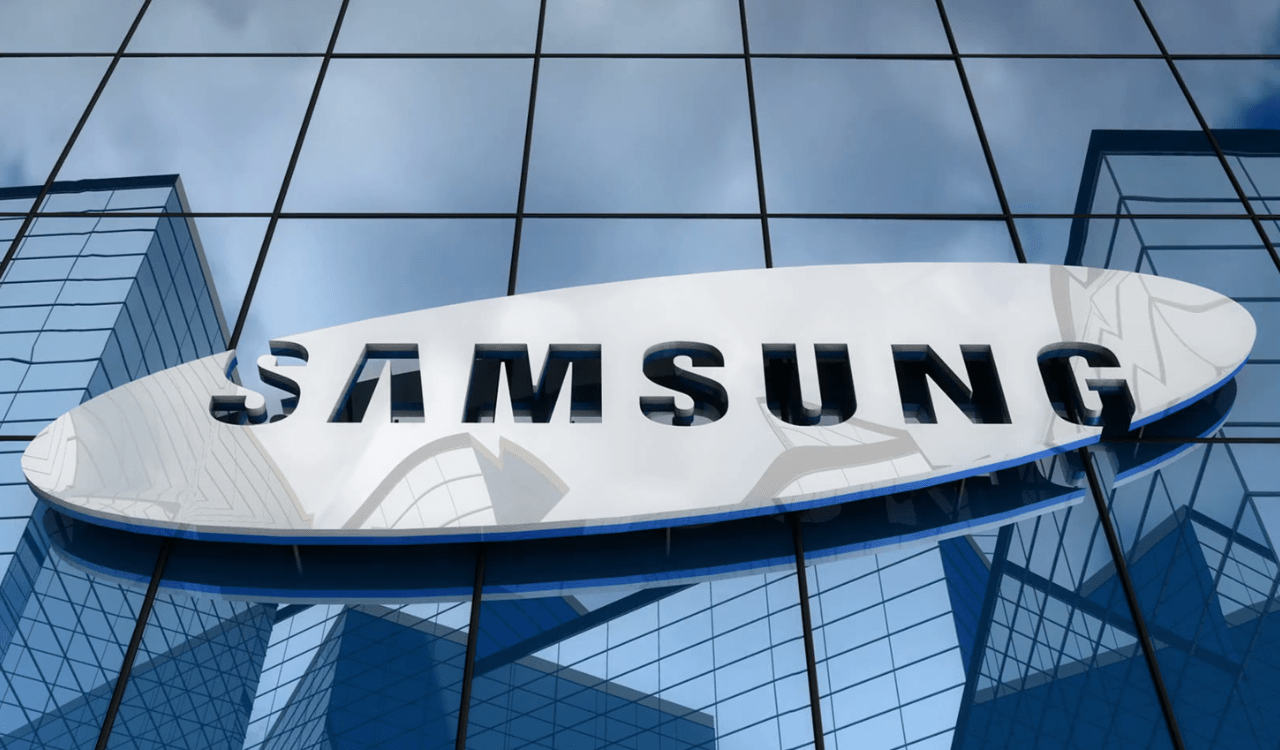Phone manufacturers like Samsung have refused to comply with regulations set forth by Kenya’s information and communications technology (ICT) regulator, the Communications Authority (CA).
In 2018, the CA released detailed rules outlining the required capabilities and technical criteria for mobile devices imported into Kenya.
These rules apply to a wide variety of electronic gadgets, such as smartphones, feature phones, portable gadgets, gadgets installed in vehicles, RF interface cards, and modems. It is important to note that the standards applied to more than only the aforementioned gadgets.
Read also: Samsung forbids staff from using AI chatbots
The regulator has not taken adequate action, and phone manufacturers continue to ignore these rules. There is no trace of the recommendations on the regulatory agency’s website.
Currently, customers in Kenya and other countries are buying gadgets without the necessary accessories listed in the document, making the lack of enforcement all the more troublesome.
Guidelines specify that “a mobile cellular device shall be equipped with a wired or wireless earpiece facility.” However, wired or wireless headsets are not included with most officially offered devices in Kenya.
More On The Violation
Phones without accompanying charging bricks are being sold in violation of local law, which raises even another difficult problem. It is required by law that “the AC Adaptor for a mobile cellular device shall be fitted with a suitable and appropriate power supply cord and mains plug that meets the standards established by the regulatory body in charge of electricity in Kenya.” In 2020, Apple introduced the iPhone 12 series, which paved the way for other firms like Samsung to sell phones like the S23 lineup and certain A-series devices without a charger.
Manufacturers of mobile devices have stated that financial and ecological considerations are the main reasons for this exclusion.
They state that one of their environmental priorities is to reduce waste, specifically packaging waste and electronic trash. The biggest reason, though, appears to be financial, as cutting out accessories like chargers and headphones can save firms billions of dollars.
Phone manufacturers also earn money from users by selling them additional accessories. The wireless earbud fad was launched by Apple, but many other companies have since joined in.
Taking headphones out of the box forces buyers to spend more on wireless earbuds, while leaving charging bricks out of the package forces them to buy additional fast-charging accessories. Despite any potential negative effects on the environment, manufacturers stand to gain from the surge in demand for complementary products.
Thankfully, some companies still include accessories like charging bricks, cords, and headphones with their handsets. These include Chinese original equipment manufacturers (OEMs) like BBK Electronics (OPPO, vivo, and others), Transsion (TECNO, Infinix, and itel), and Xiaomi.
We’re crossing our fingers that these companies will buck the industry standard and keep consumer convenience a top priority by providing these necessities in their products.
















